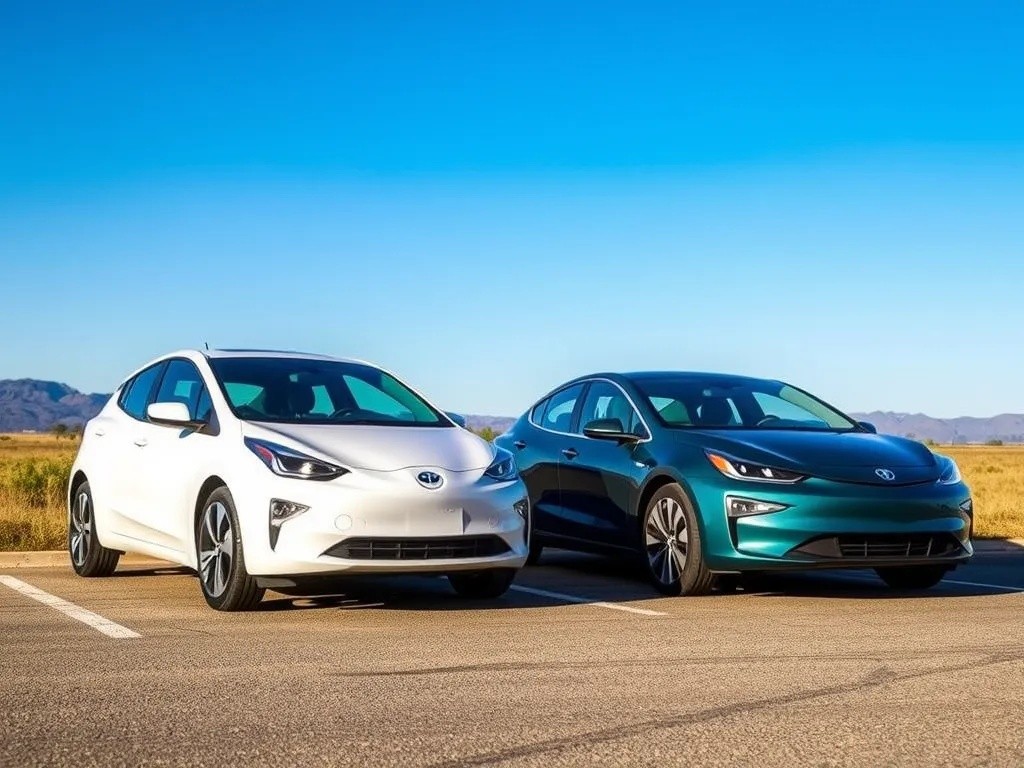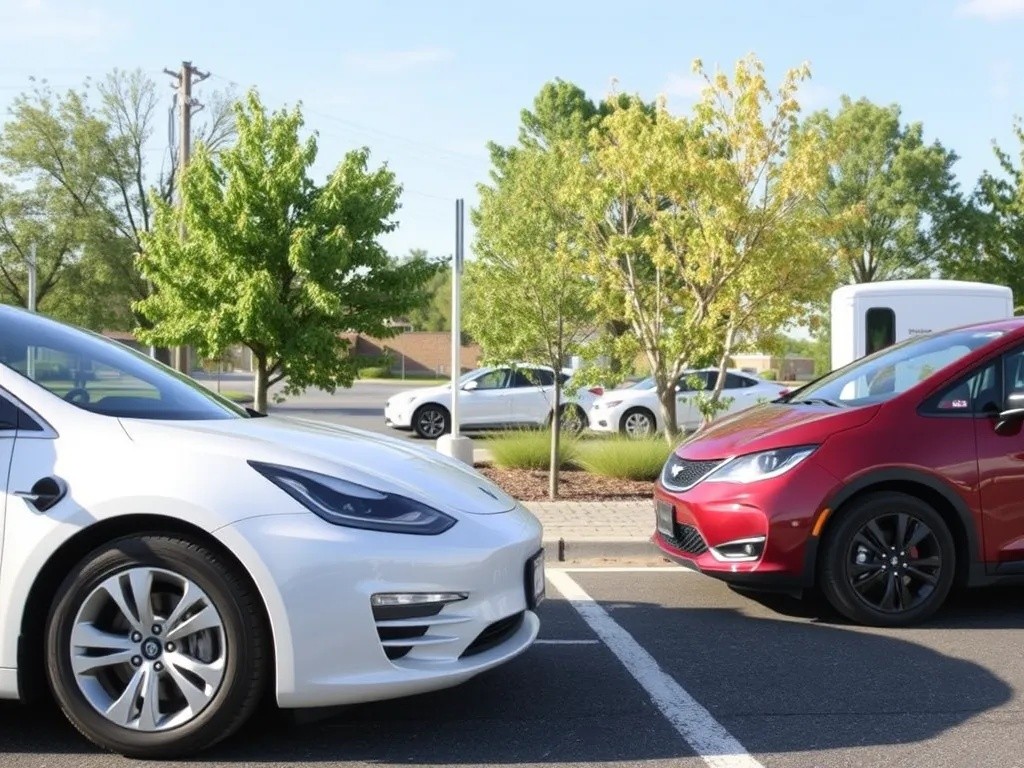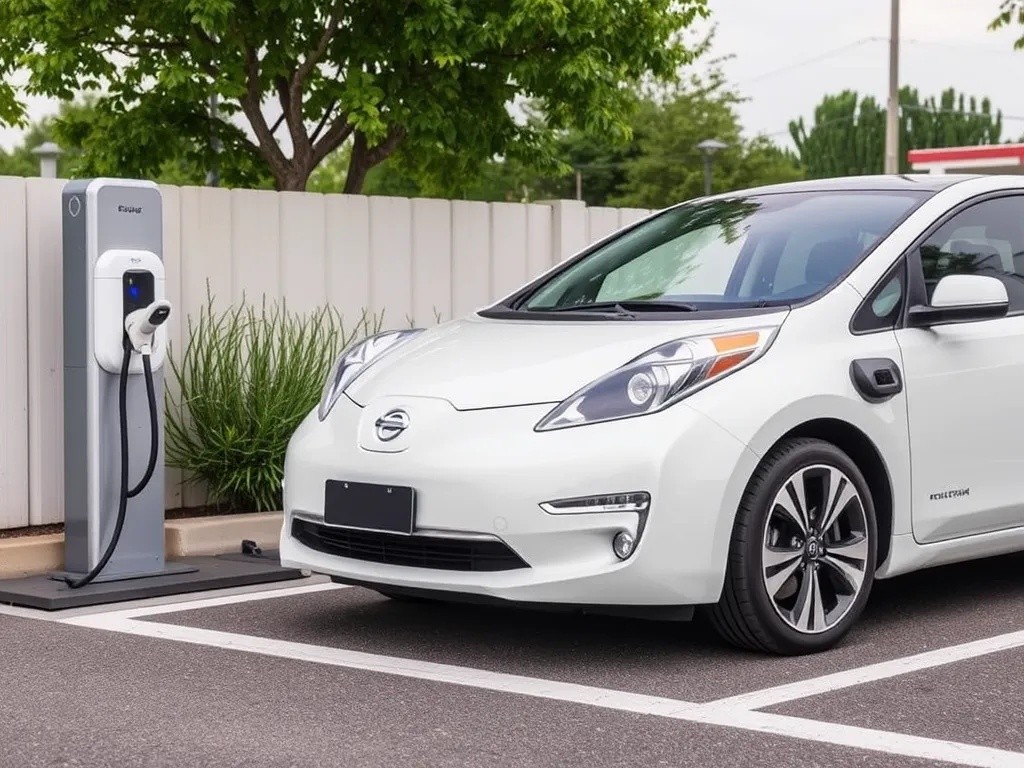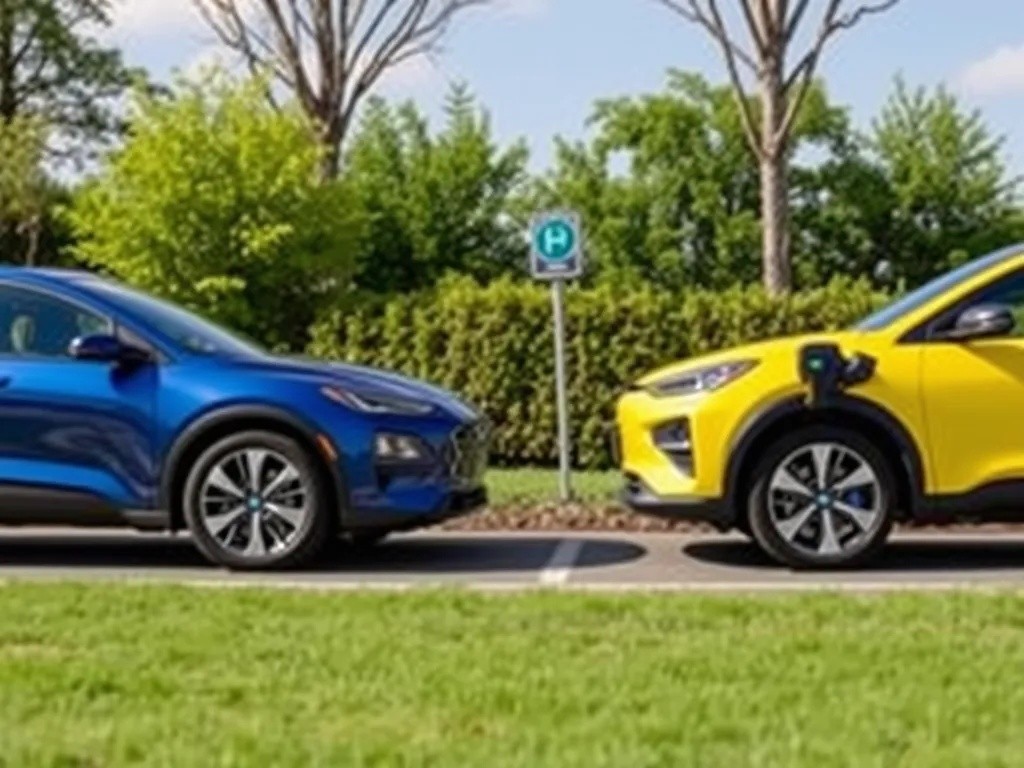
The rental car industry is experiencing a significant transformation as electric vehicles (EVs) become increasingly mainstream. With major rental companies expanding their electric fleets and travelers becoming more environmentally conscious, the question arises: are electric rental cars worth the investment? This comprehensive analysis examines the pros and cons of choosing electric over traditional gasoline-powered rental vehicles.
The Current State of Electric Rental Car Market
Electric rental cars have gained substantial momentum in recent years. Major rental companies like Hertz, Enterprise, and Avis have committed to electrifying significant portions of their fleets by 2030. Tesla Model 3 and Model Y vehicles dominate the premium electric rental segment, while more affordable options like the Chevrolet Bolt and Nissan Leaf are becoming increasingly available.
The availability varies significantly by location, with major metropolitan areas and environmentally conscious regions leading the adoption. Cities like San Francisco, Seattle, and Amsterdam offer the most extensive selection of electric rental vehicles, while smaller markets may have limited or no electric options.
Cost Analysis: Electric vs. Traditional Rentals
Daily Rental Rates
Electric rental cars typically command a premium over their gasoline counterparts. The daily rate difference can range from $10 to $50 more per day, depending on the vehicle class and location. However, this initial cost disadvantage is often offset by significant fuel savings.
Fuel and Energy Costs
One of the most compelling financial arguments for electric rentals is the dramatically lower energy costs. Consider these comparative expenses:
- Gasoline vehicles: $40-80 per tank, depending on fuel prices and tank size
- Electric vehicles: $8-15 for a full charge at public charging stations
- Free charging: Many hotels, shopping centers, and tourist destinations offer complimentary charging
For longer trips, these savings can substantially offset the higher rental rates, making electric vehicles economically competitive or even advantageous.

Charging Infrastructure: The Make-or-Break Factor
Urban Areas
Metropolitan areas generally offer robust charging networks with multiple options including Tesla Superchargers, Electrify America, and ChargePoint stations. Urban renters can typically find charging stations within a few miles of their location, making electric rentals highly practical for city-based trips.
Highway Travel
Long-distance highway travel has become increasingly viable with the expansion of fast-charging corridors. Major interstate highways now feature charging stations every 50-100 miles, though planning remains more critical than with gasoline vehicles.
Rural and Remote Areas
Rural destinations present the greatest challenge for electric rental cars. Limited charging infrastructure in remote areas can create range anxiety and potentially strand travelers. Before choosing an electric rental for rural adventures, thorough route planning and charging station research are essential.
Performance and Driving Experience
Advantages of Electric Rentals
- Instant torque: Electric motors provide immediate acceleration, offering superior performance in city driving
- Quiet operation: Significantly reduced road noise creates a more relaxing driving experience
- Advanced technology: Most electric rentals feature cutting-edge infotainment systems and driver assistance features
- Smooth operation: No engine vibrations or gear shifts provide a refined driving experience
Potential Drawbacks
- Range limitations: Most electric rentals offer 200-300 miles of range, requiring more frequent stops than gasoline vehicles
- Charging time: Even fast charging takes 30-45 minutes, compared to 5 minutes for gasoline refueling
- Learning curve: Unfamiliar charging procedures and regenerative braking may require adjustment time

Environmental Impact
Electric rental cars offer significant environmental benefits, particularly in regions with clean electrical grids. A typical electric vehicle produces zero direct emissions and approximately 50-70% fewer lifecycle emissions compared to gasoline vehicles, even accounting for electricity generation and battery production.
For environmentally conscious travelers, choosing electric rentals represents a meaningful way to reduce their carbon footprint while traveling. This benefit becomes even more pronounced in areas powered by renewable energy sources like hydroelectric, wind, or solar power.
Practical Considerations
Trip Planning Requirements
Electric rental cars demand more thorough trip planning than traditional vehicles. Renters must consider charging station locations, charging times, and backup options. Mobile apps like PlugShare, ChargeHub, and A Better Routeplanner have become essential tools for electric vehicle travel planning.
Hotel and Accommodation Considerations
Many hotels now offer charging stations, but availability isn't guaranteed. When booking accommodations, it's advisable to confirm charging options or identify nearby public charging stations. Some hotels charge fees for EV charging, while others include it as a complimentary amenity.
Who Should Consider Electric Rentals?
Ideal Candidates
- Urban travelers staying within metropolitan areas
- Environmentally conscious consumers
- Tech enthusiasts interested in experiencing electric vehicle technology
- Business travelers with predictable routes and schedules
- Vacation renters staying at EV-friendly accommodations
Consider Alternatives If:
- Planning extensive rural or remote area travel
- Requiring maximum flexibility without charging considerations
- Traveling with tight schedules that can't accommodate charging stops
- Uncomfortable with new technology or unfamiliar charging procedures

Future Outlook
The electric rental car market is poised for rapid growth. Improving battery technology, expanding charging infrastructure, and increasing vehicle availability will likely make electric rentals more attractive and practical. As production scales increase and technology costs decrease, the price premium for electric rentals should diminish.
Government incentives and corporate sustainability initiatives are also driving demand for electric rental options, suggesting that availability and competitive pricing will continue to improve.
Conclusion
Electric rental cars are worth considering for many travelers, particularly those staying in urban areas with good charging infrastructure. While they require more planning and may cost slightly more upfront, the fuel savings, environmental benefits, and superior driving experience often justify the choice.
The decision ultimately depends on your specific travel needs, comfort level with new technology, and environmental priorities. As the charging infrastructure continues to expand and electric vehicle technology improves, electric rentals will become an increasingly compelling option for all types of travelers.
For your next rental car decision, consider your destination, planned activities, and personal preferences. If your trip aligns with the strengths of electric vehicles, you might discover that the future of rental cars is not only environmentally responsible but also surprisingly enjoyable.
